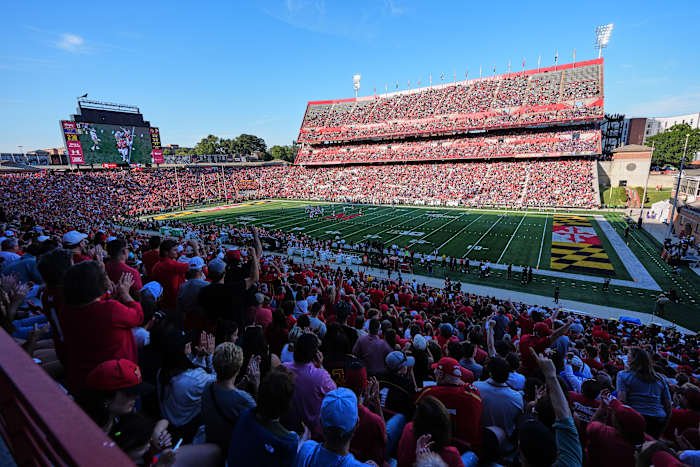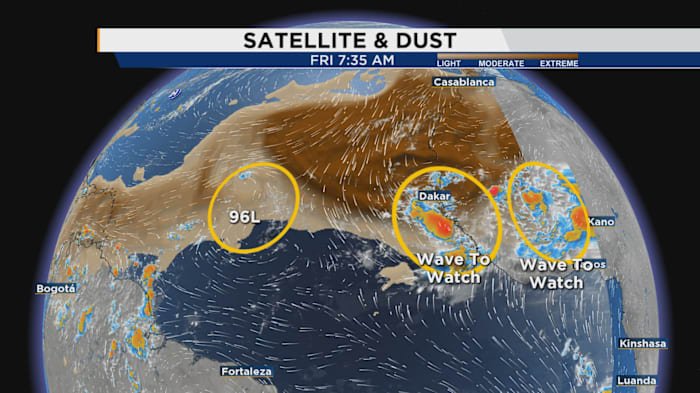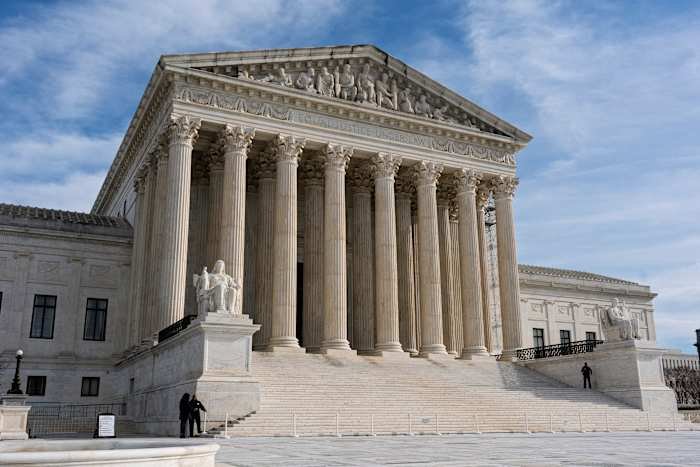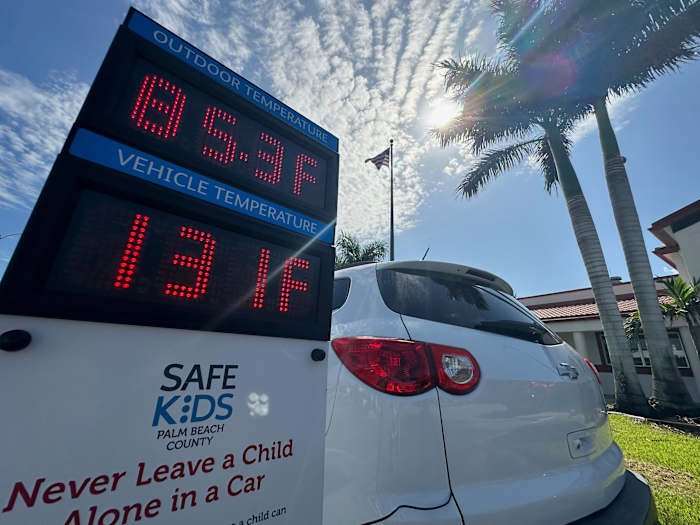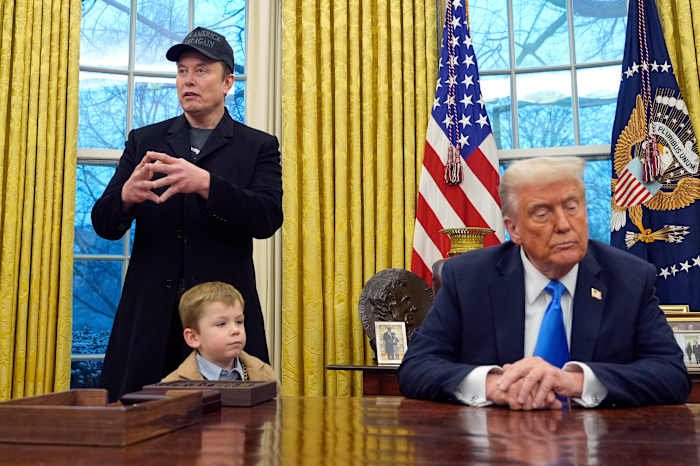Orlando, FL — College athletics have entered a new era with the evolution of Name, Image, and Likeness (NIL) rules, but with opportunity comes the challenge of oversight. In a significant move to protect integrity and fairness in college sports, the College Sports Commission has launched a confidential tip line, allowing anyone to anonymously report suspected NIL violations. As Orlando is home to thriving college sports programs and passionate fans, this new system could have ripple effects across local universities and the city’s athletic culture.
Understanding NIL and Its Impact on College Sports
The NIL landscape changed dramatically in recent years, granting student-athletes the right to profit from their own name, image, and likeness. This shift was celebrated as a win for athletes, offering them new financial opportunities and autonomy. However, the rapid implementation of NIL deals across colleges nationwide, including those in Orlando like UCF and Rollins College, raised concerns about compliance, fairness, and potential abuse.
With sponsorships, endorsements, and business partnerships becoming common, the need for clear regulations and effective reporting mechanisms became evident. The College Sports Commission’s new tip line aims to address these concerns, ensuring that NIL opportunities are managed within the rules and that no team or athlete gains an unfair advantage through illicit payments or arrangements.
How the NIL Tip Line Works
The tip line, newly established by the College Sports Commission, is designed to be accessible and user-friendly. Anyone — from athletes and coaches to fans and whistleblowers — can submit reports about potential NIL rule violations. The system guarantees anonymity, encouraging individuals to come forward without fear of retaliation.
Reports can be filed via phone or an online portal, both managed by the Commission. Once a tip is received, investigators review the information and, if necessary, launch a formal inquiry into the alleged violations. This streamlined process ensures that possible infractions are addressed swiftly and discreetly, maintaining the integrity of college sports programs in Orlando and beyond.
What Qualifies as an NIL Violation?
Despite the relative newness of NIL policies, the rules are clear about what constitutes a violation. Common examples include:
- Offering or accepting payments that are not directly related to a student-athlete’s name, image, or likeness
- Promising future NIL deals as a recruiting incentive
- Boosters or third-party companies providing improper benefits
- Failure to disclose NIL deals as required by school or NCAA regulations
For Orlando-area athletes and athletic departments, understanding these boundaries is crucial. The tip line serves as both a deterrent and a resource, reminding everyone involved that fair play is still the foundation of college sports.
Potential Impacts on Orlando’s College Sports Scene
Orlando’s universities and colleges have been proactive in educating student-athletes and staff about NIL rules, but the new tip line adds another layer of accountability. Local athletic departments may need to enhance compliance training and foster transparent communication with students and staff.
Fans, boosters, and local businesses in Orlando should also be aware of the new reporting mechanism. Sponsorship opportunities abound in Central Florida, and the tip line ensures that legitimate partnerships are protected while discouraging unethical behavior. For student-athletes, this could mean greater peace of mind, knowing their efforts and reputations are safeguarded by a robust system of oversight.
Expert Opinions and Community Response
Reactions to the tip line have been mixed. Some see it as a necessary step to maintain order during a period of rapid change, while others worry about potential misuse or false reporting. Local Orlando coaches have expressed cautious optimism, noting that the system could help level the playing field by holding all programs accountable to the same standards.
Community leaders emphasize the need for continued education around NIL, encouraging all stakeholders — from athletes to fans — to remain informed and engaged. Ultimately, the tip line represents a proactive approach to ensuring that Orlando’s college sports legacy remains strong, ethical, and competitive.
Conclusion: Your Voice Matters in Protecting College Sports
The launch of the College Sports Commission’s confidential tip line marks a new chapter in the NIL era, offering a transparent and secure way to report suspected violations. As Orlando continues to celebrate its vibrant college sports culture, this initiative empowers everyone — athletes, coaches, fans, and businesses — to play a role in upholding fairness and integrity.
Do you think the tip line will make a difference in how NIL rules are enforced in Orlando? Have thoughts on how it might impact our local college sports programs? Share your opinions in the comments below — we’d love to hear from you!

